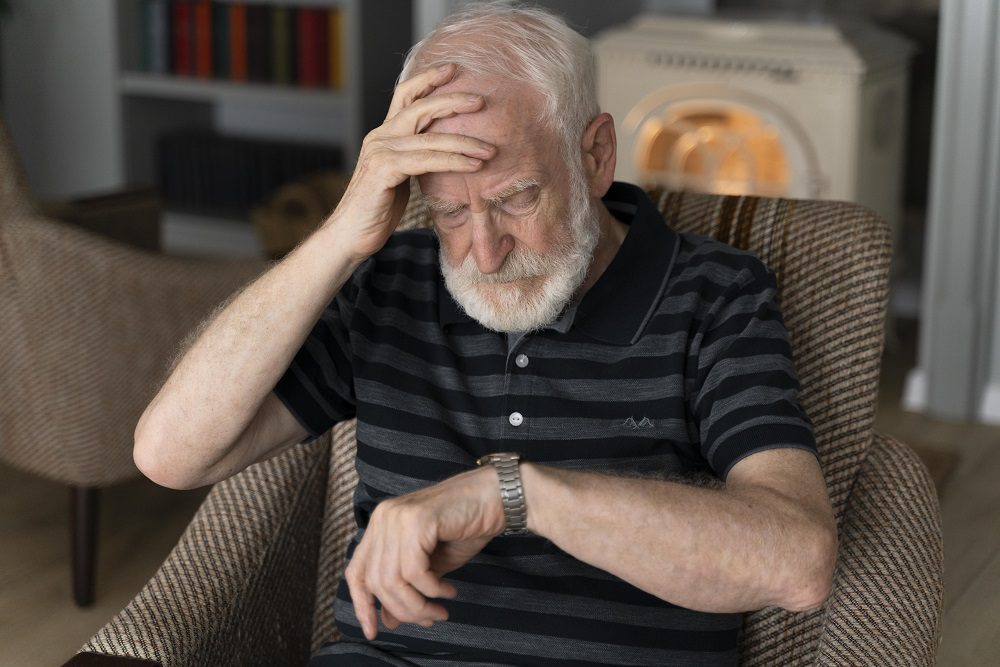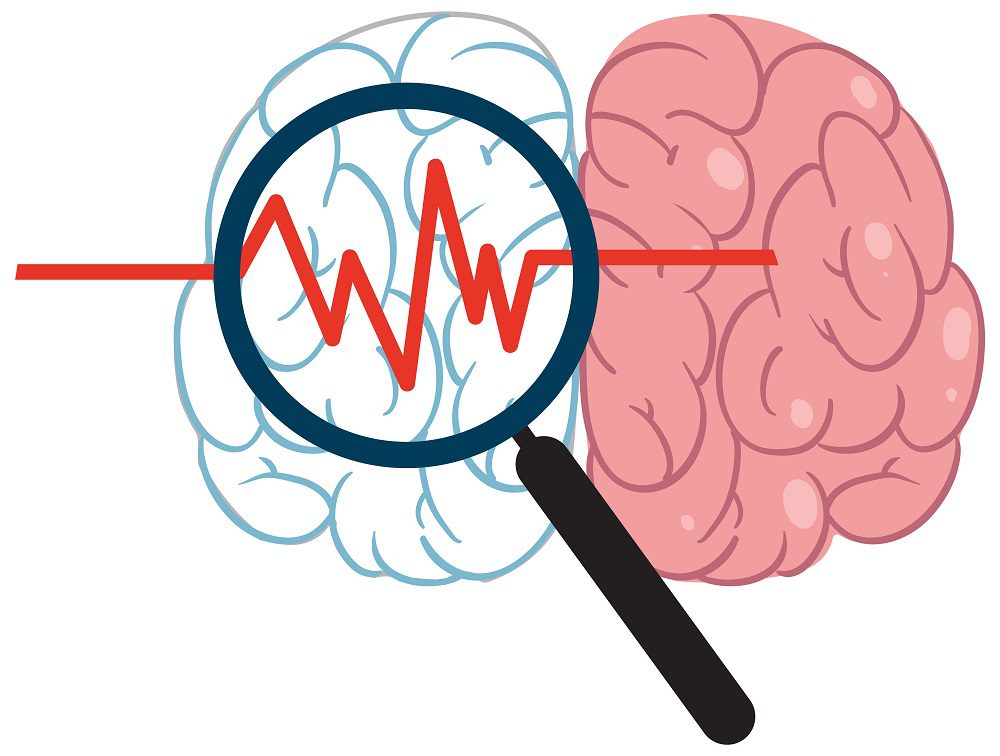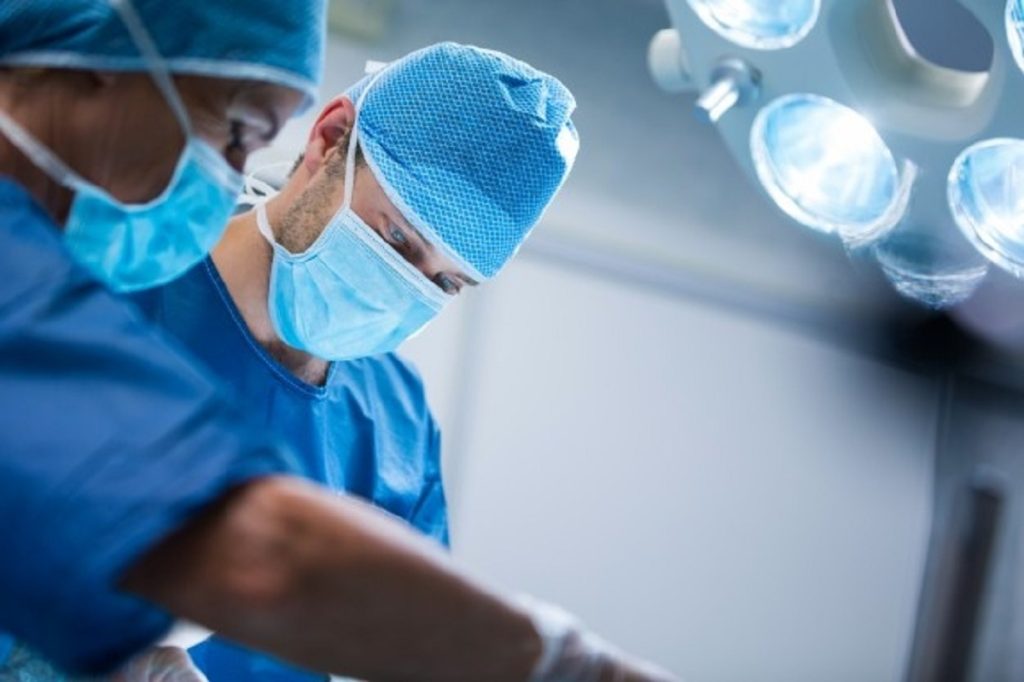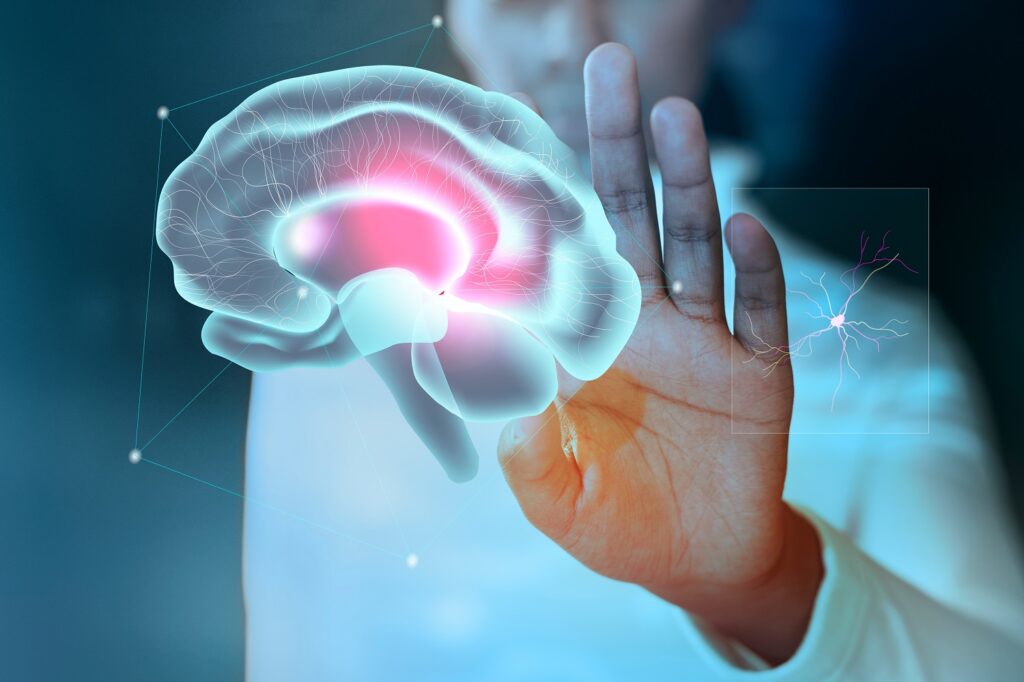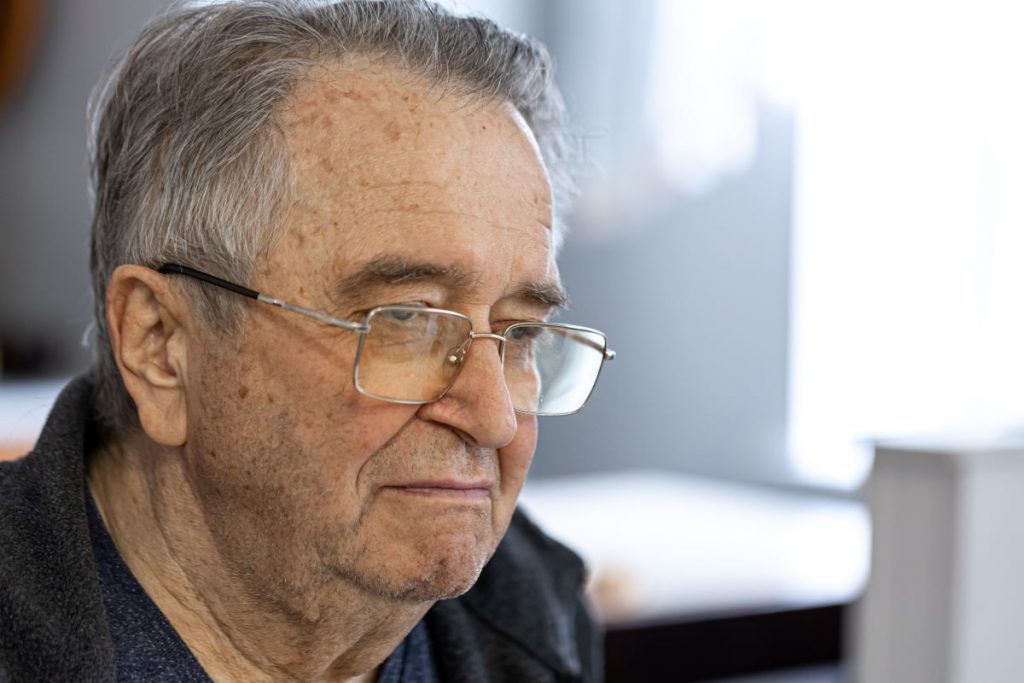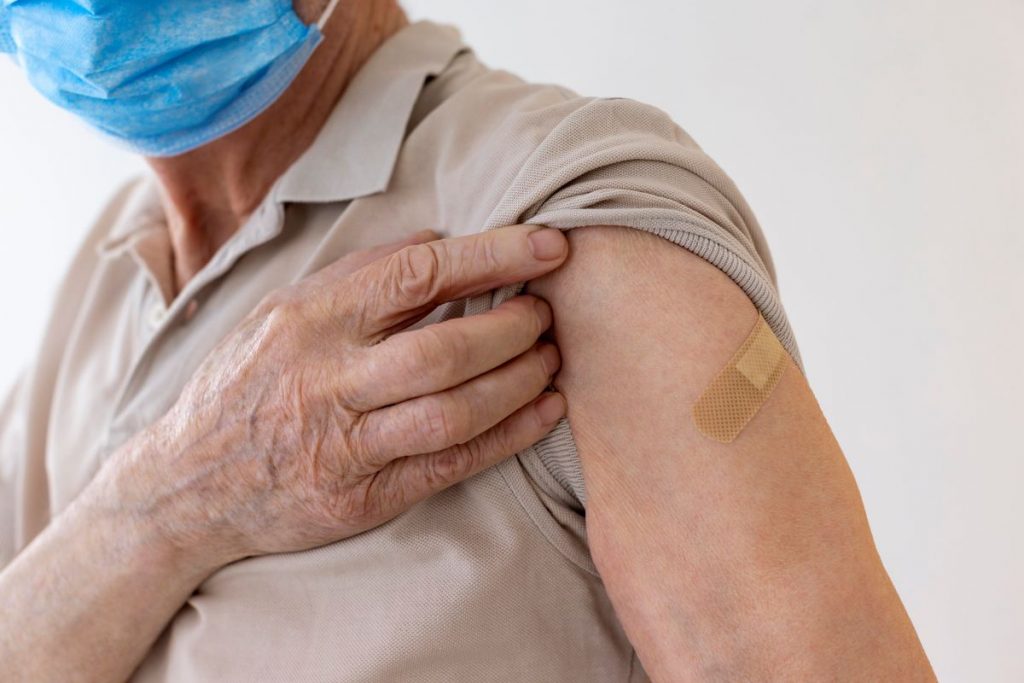Poststroke aphasia (PSA), a language-acquired disorder, is one of the most devastating symptoms after stroke. PSA affects approximately one-third of stroke patients, and 30–43% of them suffer from long-term effects of aphasia. People with PSA have minimal community activities and often experience mental health problems, thus increasing the prevalence of depression and anxiety disorders in PSA patients. Neural plasticity promotes the reorganization of language networks and is an essential recovery mechanism for poststroke aphasia (PSA).
Excitotoxicity after brain injury affects the activity of neurotransmitters and disrupts the transmission of normal neuronal information. Thus, a helpful strategy of acupuncture might be to improve PSA by affecting the availability of these neurotransmitters and glutamate receptors at synapses. Neuroplasticity may be a pivotal bridge to elucidate the potential recovery mechanisms of acupuncture for aphasia. Therefore, understanding the neuroplasticity mechanism of acupuncture in PSA is crucial.

